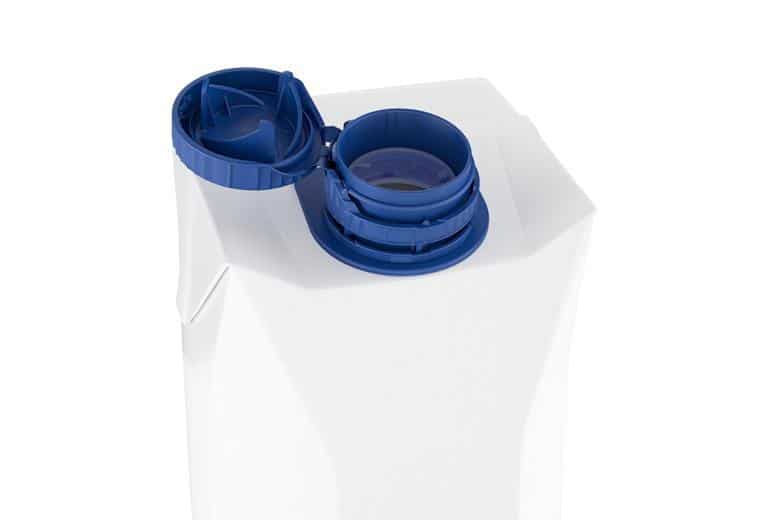Tetra Pak is gearing up to convert 20 billion cartons to tethered caps over the next three years as part of its quest to “minimise litter”.
The company expects to deploy them across more than 1,000 packaging lines that it supplies to customers in Europe, with an eye to rolling them out in the UK in the next three years.
Approximately 40 different packaging types will be fitted with caps that remain attached, Tetra Pak said, with plans to develop plant-based options for them all.
As part of the phased release, the HeliCap 26 Pro closure will be the first cap to be introduced. The supplier described it as a “new screw and flip concept with a self-locking hinge”.
The move forms part of the packaging supplier’s journey towards creating “the world’s most sustainable food package”.
“The significant challenge of deploying tethered caps is the scale of the change that this brings across the value chain,” said Lars Holmquist, Tetra Pak’s executive VP packaging solutions and commercial operations.
As of 2024, it will be mandatory in the EU for caps and lids to remain attached to all beverage containers with a capacity of up to three litres.
The development comes as the business confirmed it was working to make a full range of paper straw alternatives gradually available.
“Approximately 32% of all plastic packaging is not collected and plastic can take hundreds of years to degrade,” Holmquist added.
“We focus on recycling by design, committing to invest approximately €100m per year over the next five to 10 years to develop more sustainable packaging solutions. This includes alternatives to replace fossil-based plastics and avoid littering, as well as maximising the use of renewable, responsibly sourced materials in our packages.
“Addressing people’s needs for recycling is a critical component for not only becoming more sustainable but making food more available and safer for all consumers.”
In February, Tetra Pak introduced recycled polymers to its cartons.
The packaging supplier worked with global chemical company Ineos to create the new material, converting waste plastic into polymers, and replacing oil-based products with material featuring “identical specifications”.
The result had the same level of product purity as virgin plastic, it said.
Packaging 360 is a comprehensive knowledge sharing ecosystem for the Indian packaging industry. Our services include an online content platform to deliver news, insights and case studies; organising conferences seminars and customised training; Providing Bespoke Project Consulting, Market Research and Intelligence.







